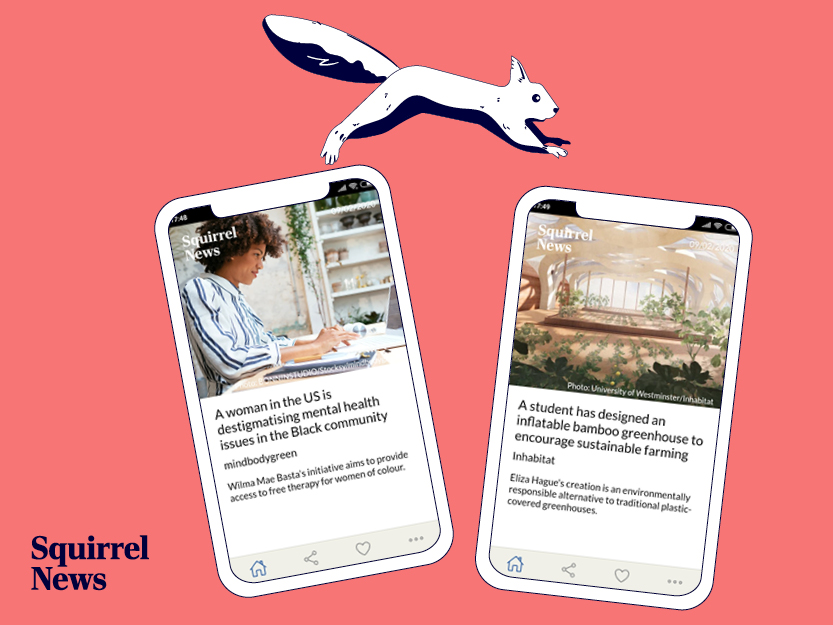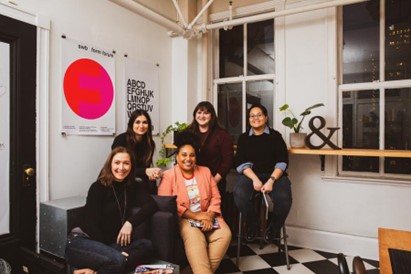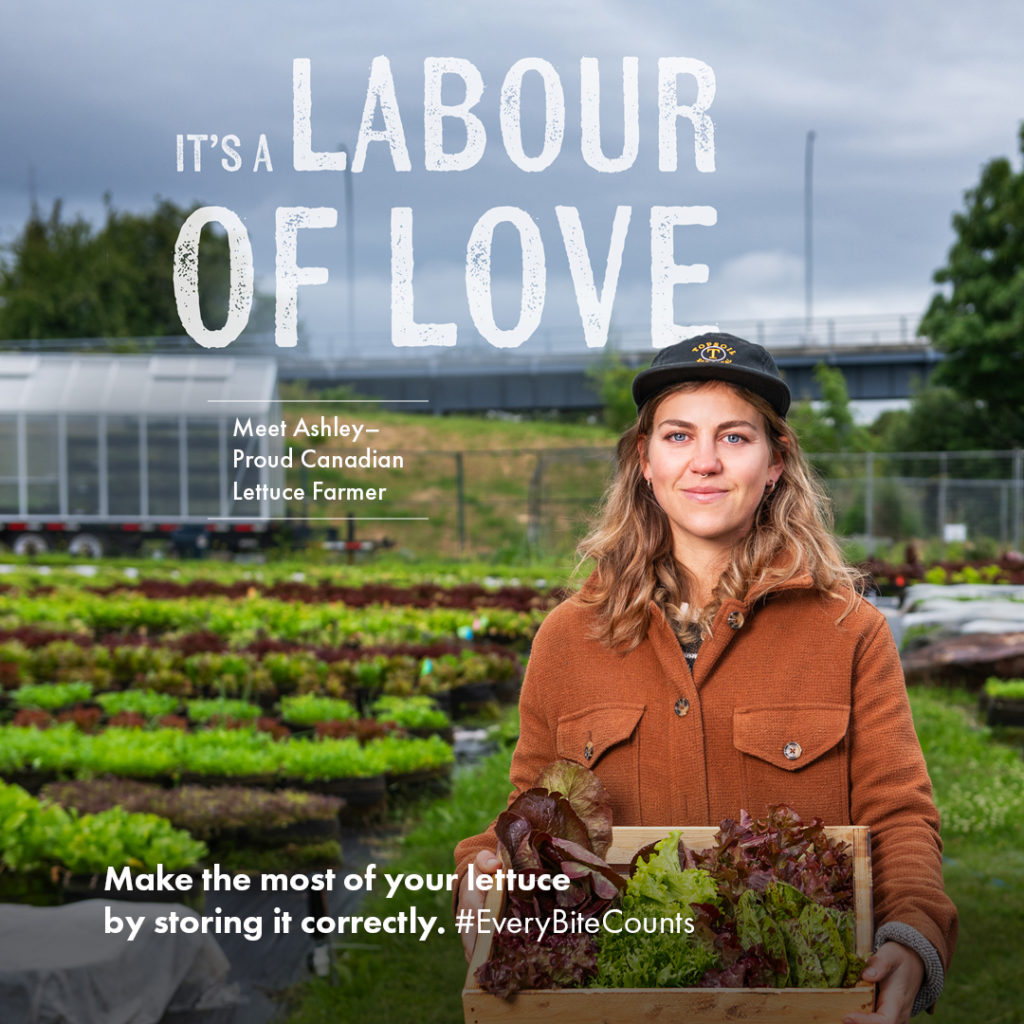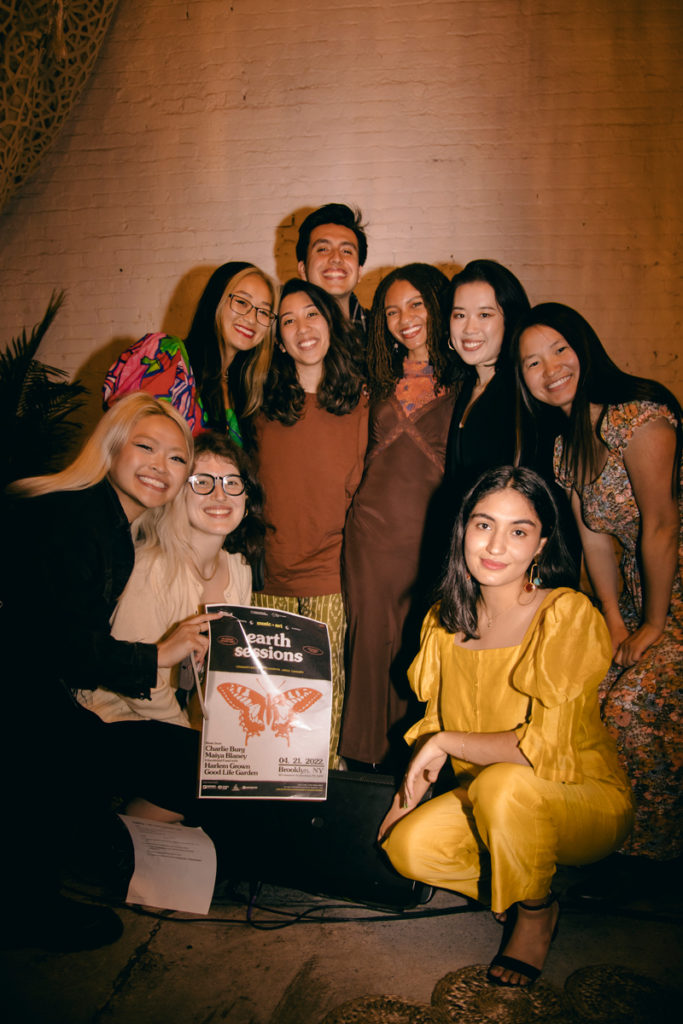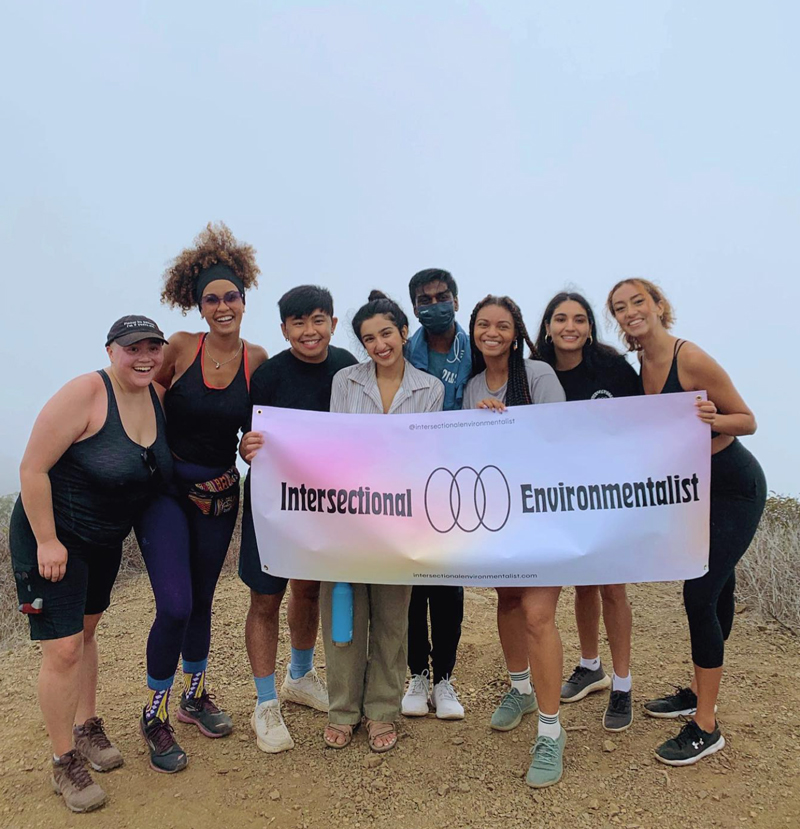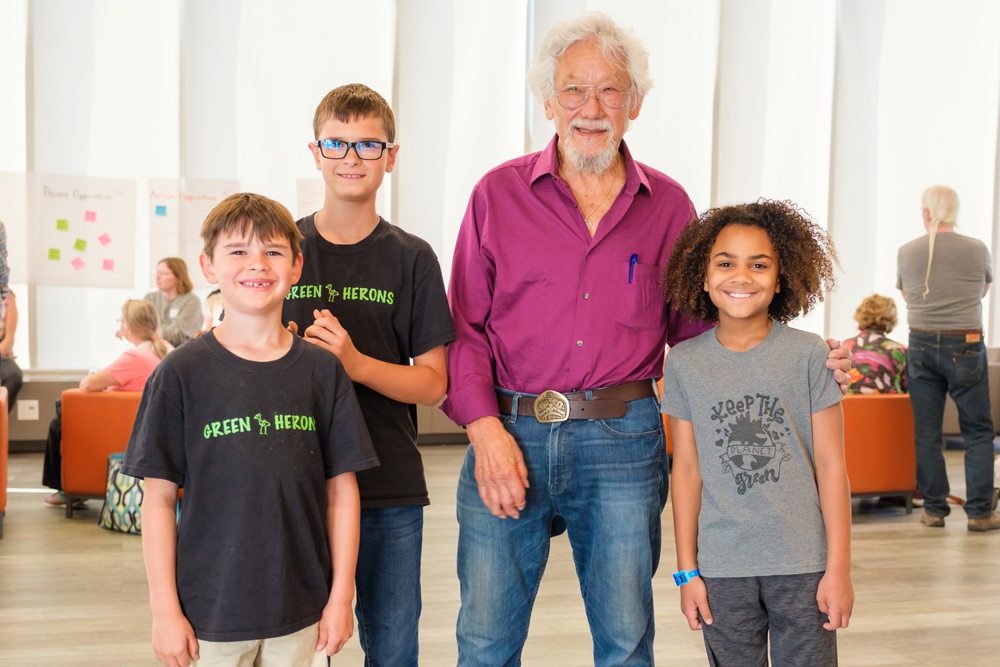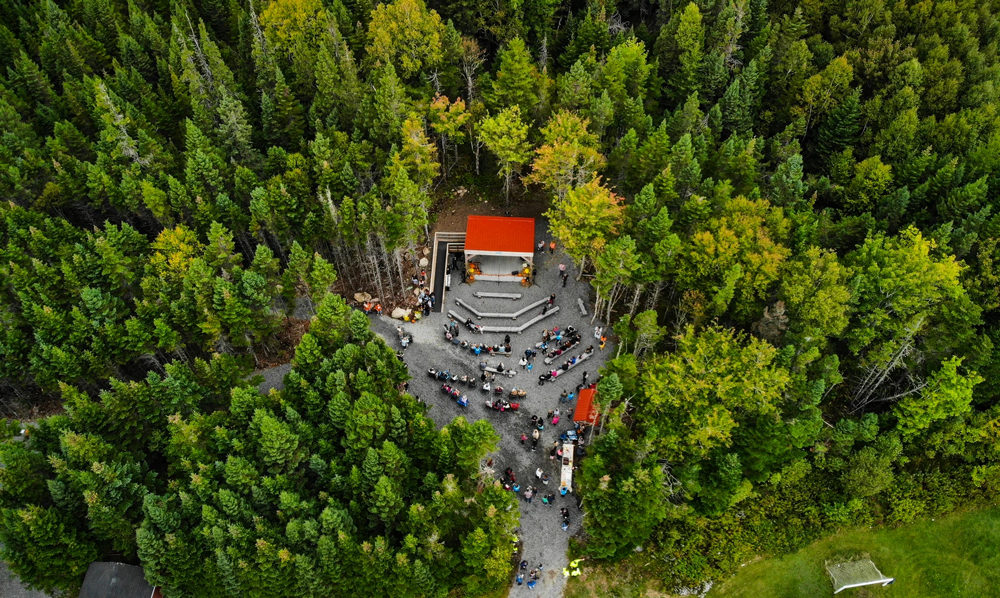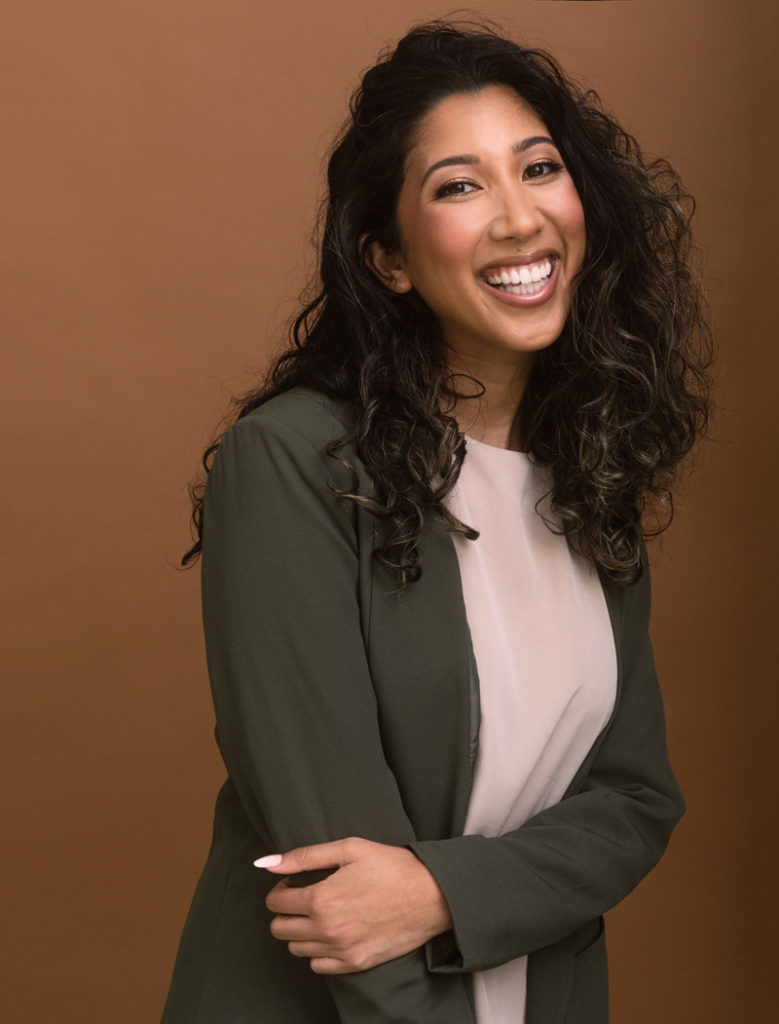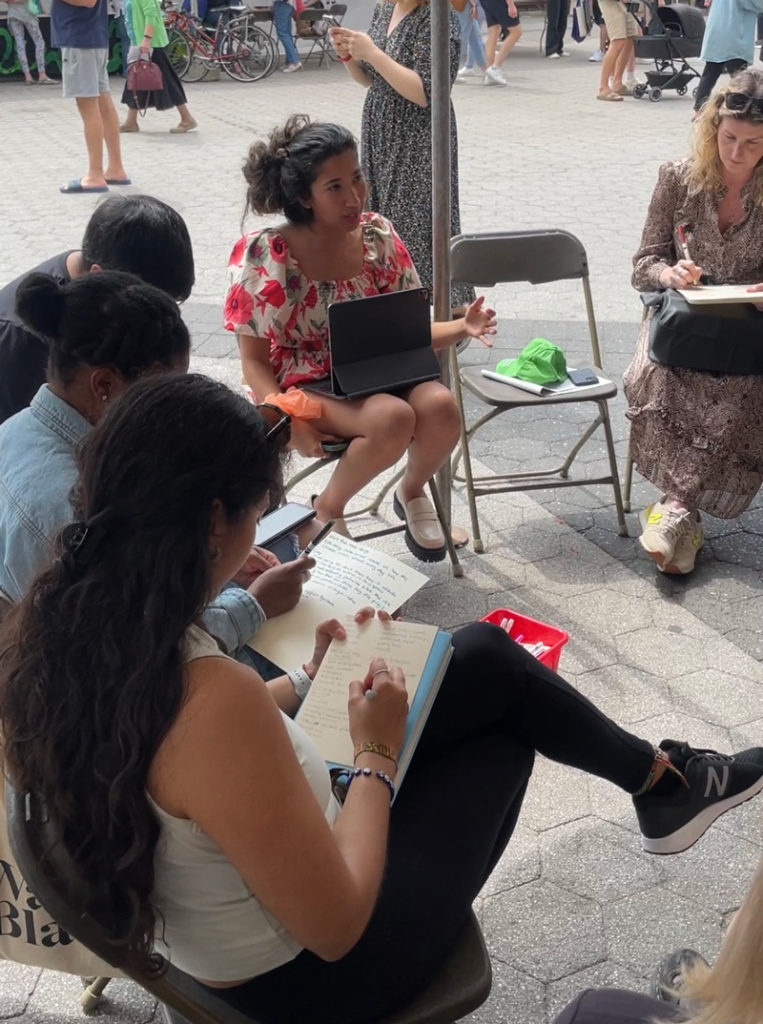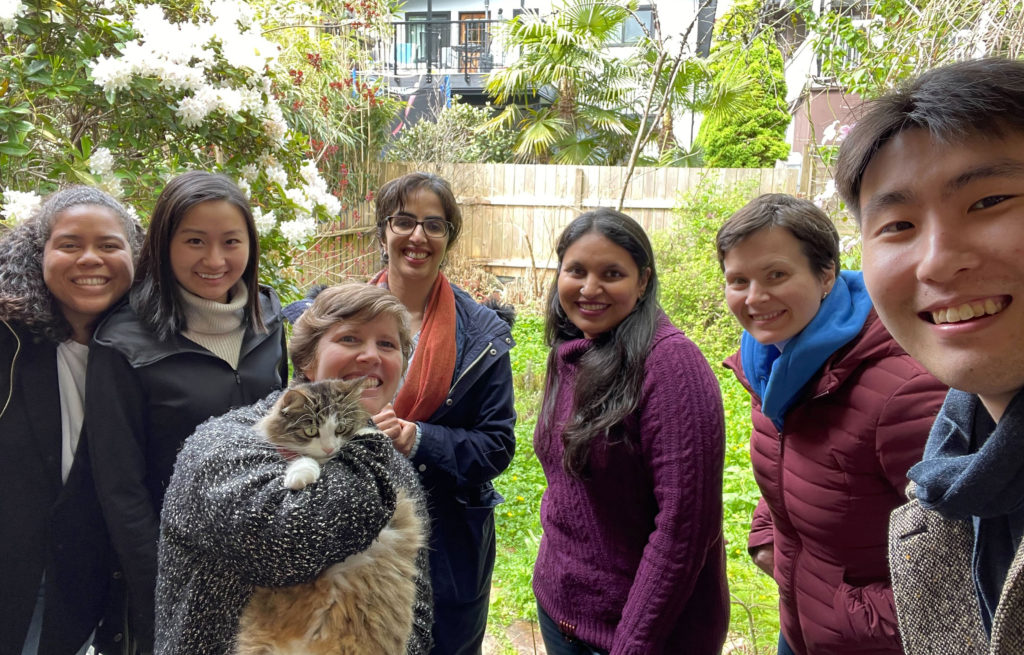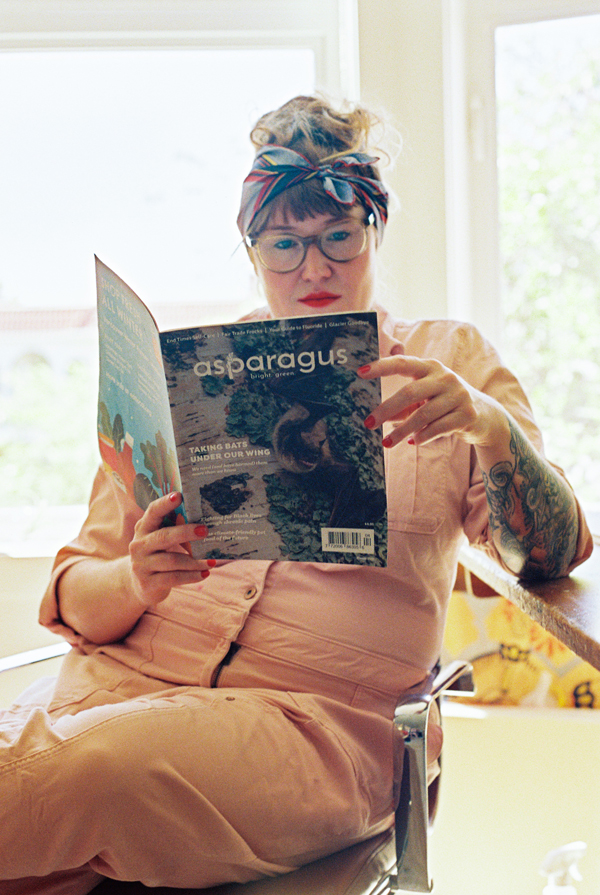Is making the world better one of your New Year’s resolutions? Look no further! There are purpose-driven conferences for every cause that matters to you, including advancing the circular economy, supporting underrepresented communities, championing DEI, advocating for accessibility, and more.
We’ve tracked down over 20 learning, collaboration, and networking opportunities taking place both online and in-person, in Canada and globally, in the first three months of 2024, so you can start planning an impactful year.
Keep scrolling to learn all about purpose-driven events taking place this January, February, and March.
January
Having Difficult Conversations
Date: January 11, 2024, from 3:30 PM – 5:30 PM PST
Location: Online
Description: This workshop helps individuals with disabilities and their families learn how to navigate conflict and difficult conversations.
Masterclass: Creating Accessible Spaces with Debbie Patterson
Date: January 13, 2024, from 12:00 PM – 3:00 PM PST
Location: Online
Description: At this masterclass, participants will join Winnipeg playwright Debbie Patterson as she explores how to create accessible spaces for artists and audiences with disabilities.
Connect and Caffeinate: Writing the CFRE
Date: January 18, 2024, from 8:30 AM – 10:00 AM EST
Location: Williams Fresh Cafe, Niagara Falls, Ontario
Description: Join the Niagara Fundraisers Network (NFN) for discussions about fundraising and pursuing Certified Fund Raising Executive (CFRE) certification over cups of coffee.
JEDDI Seminar: The Geography of Inequality
Date: January 19, 2024, from 1:00 PM – 2:00 PM PST
Location: Online
Description: Learn how geographic place, labour markets, and public policy influence households’ economic lives and inequality at this JEDDI (Justice, Equity, Diversity, Decolonization, and Inclusion) seminar.
Tasting Climate Change / Goûter aux Changements Climatiques 2024
Date: January 23 – 24, 2024
Location: Marché Bonsecours, Montréal, Québec
Description: This conference gathers together international experts to explore sustainability and sustainable production solutions in the wine industry through panel discussions, networking, and wine-tasting sessions.
Indigenous Child and Family Well-Being Conference 2024
Date: January 23 – 25, 2024
Location: Shaw Centre, Ottawa, Ontario
Description: Discover ways to contribute to improving the lives of Indigenous children and families at this conference. Connect with professionals, community leaders, and individuals passionate about supporting Indigenous communities; explore culturally responsive practices, holistic approaches to well-being, and community engagement strategies; and participate in interactive workshops, networking, and knowledge sharing.
Understanding Disability: Community Resources
Date: January 25, 2024, from 5:00 PM – 6:00 PM PST
Location: Online
Description: This workshop will help caregivers and professionals supporting individuals with disabilities prepare for adulthood and seniorhood and access what they need to live a good life.
CrossRoads 2024 — Alberta’s Crop Conference
Date: January 29 – 31, 2024
Location: The Westin Calgary Airport, Calgary, Alberta
Description: Convened by the FarmTech Foundation of Alberta, this agriculture event explores the theme “New ideas and directions – examining big picture innovation in agriculture” at the intersection of people and ideas. Join discussions around agricultural sustainability, policy, markets, innovations, and farm management while enjoying a daily full breakfast and fun networking socials.
February
JEDDI Seminar: Non-Standard Work
Date: February 2, 2024, from 1:30 PM – 3:00 PM PST
Location: Online and In-Person at UBC Sauder School of Business, Vancouver, British Columbia
Description: Discover how individuals adapt to contingent work arrangements and the true organizational costs of hiring different types of contingent workers at this JEDDI (Justice, Equity, Diversity, Decolonization, and Inclusion) seminar.
15th Annual Black History Month Gala
Date: February 3, 2024
Location: SteelWorkers’ Union Hall & Conference Centre, Sudbury, Ontario
Description: Join the Afro-Heritage Association of Sudbury (AHA) for a Black History Month celebration centred around the theme, “Empowering Change Through Dedicated Service.” Enjoy a special keynote, business showcases, exhibitions, and performances while celebrating Afro-Caribbean culture and building a deeper sense of community.
CityAge Vancouver: Urban Zero Challenge
Date: February 6, 2024, from 8:30 AM – 1:30 PM PST
Location: Fairmont Waterfront, Vancouver, British Columbia
Description: Rise to CityAge Vancouver’s Urban Zero Challenge at this event, which will explore key themes around reducing environmental impacts, including decarbonizing cities, zero-emission transportation, zero-emission buildings, a new approach to urban development, and connecting Cascadia, along with the technologies and tools needed to meet this challenge head-on.
Women of Influence Nanaimo (WIN) Awards
Date: February 7, 2024, from 7:00 PM – 10:00 PM PST
Location: Vancouver Island Conference Centre, Nanaimo, British Columbia
Description: Celebrate the accomplishments of women, non-binary, two-spirit, and gender-diverse role models in the Nanaimo community at this purpose-driven awards ceremony.
1st Global Conference on Agriculture, Fisheries, Forestries & Food (GCAFFF)
Date: February 9 – 11, 2024
Location: The University of British Columbia, Vancouver, British Columbia
Description: Meet with professionals, policymakers, sector leaders, and relevant participants in the agriculture, fisheries, forestries, and food industries for an interdisciplinary conference focused on sustainable methodologies, economically feasible and environmentally responsible strategies, societal considerations, and the effects of climate variability, all with the purpose of stimulating transformative change.
1st Global Conference on Renewable Energy and Environmental Sustainability
Date: February 9 – 11, 2024
Location: The University of British Columbia, Vancouver, British Columbia
Description: Get ready for a deep dive into renewable energy technologies and environmental conservation at this conference, which aims to bring together global leaders, experts, and policymakers to address global issues such as climate change, energy security, and equitable access to resources, and to collaborate toward actionable solutions.
Protecting Human Rights in AI: Integration in Risk-Based Governance
Date: February 14, 2024
Location: Mila – Institut québécois d’intelligence artificielle, Montréal, Québec
Description: This conference seeks to advance the critical efforts needed to incorporate human rights into AI governance. Experts will speak on several relevant topics, including human rights impact assessments, tools for risk measurement, and how to ensure accountability.
Starting Courageous Conversations
Date: February 16, 2024, from 9:00 AM – 12:00 PM AST
Location: IGNITE Atlantic Auditorium, New Glasgow, Nova Scotia
Description: At this workshop, folks in Pictou County will learn about Diversity, Equity, and Inclusion; unconscious bias and language changes; and how to build and foster inclusive and welcoming communities.
Networking Brunch / Déjeuner-causerie – “Celebrating Black Excellence”
Date: February 17, 2024, from 10:00 AM – 4:00 PM EST
Location: Plaza Centre-Ville, Montréal, Québec
Description: Celebrate Black History Month at this networking event, which seeks to inspire entrepreneurs and provide them with valuable insights to help them succeed. Plus, enjoy a recognition ceremony that will highlight the achievements of successful members of the Montréal Black community.
International Conference On Women Startups
Date: February 27 – 29, 2024
Location: 91 Granton Drive, Richmond Hill, Ontario
Description: This conference demonstrates why women are needed to develop the economy, discusses the benefits of women innovators and diverse entrepreneurship, and seeks to support women’s economic empowerment.
March
JEDDI Seminar: Consumer & Societal Wellbeing
Date: March 1, 2024, from 1:00 PM – 2:00 PM PST
Location: Online
Description: Learn how to help improve consumer’s financial, health, and food decisions, particularly among vulnerable populations at this JEDDI (Justice, Equity, Diversity, Decolonization, and Inclusion) seminar.
Wilderness, Wildlife & Human Interaction
Date: March 2, 2024, from 9:00 AM – 5:00 PM MST
Location: Bragg Creek Community Centre, Bragg Creek, Alberta
Description: At this “Wilderness, Wildlife and Human Interaction”-themed symposium, explore new perspectives surrounding wildlife preservation, domestic and wild landscape management, conservation past and present, alternative energy, new technology, and more, and uncover creative methods toward achieving a healthier and more sustainable planet.
Women Inspire-2024 (Celebrating Women in Business & Leadership)
Date: March 6, 2024, from 9:00 AM – 1:00 PM EST
Location: East Water Front- Ball Room, Toronto, Ontario
Description: In honour of International Women’s Day, this forum provides a platform to showcase lessons from Canada’s inspiring business women, including lessons learned and best practices. The event will include networking and debates to help cultivate new partners, relationships, and markets for business growth.
Persons with Developmental Disabilities (PDD) 101
Date: March 13, 2024, from 5:00 PM – 8:00 PM PDT
Location: Online
Description: This workshop provides an introduction and overview of Alberta’s Persons with Developmental Disabilities (PDD) government service. Caregivers will gain an understanding of the program and service provision options.
Champions Retreat 2024: Restore
Date: March 18 – 22, 2024
Location: Vancouver Convention Centre, Vancouver, British Columbia
Description: Join members of the B Corp movement at this inspirational event, designed to connect and mobilize values-aligned people from Canada and the US who are using business as a force for good. This year’s theme, “Restore,” will engage attendees on a journey toward collective and personal restoration while examining the power of healing in community.
Global Conference on Girl Child Empowerment (GCGCE 2024)
Date: March 23 – 25, 2024
Location: Woodbine Banquet and Convention Hall, Toronto, Ontario
Description: Convened by The Amara Girls Initiative (TAGI), this conference will unite over 400 delegates from around the world and all walks of life to inspire women and girls and promote general equality. This year’s theme will focus on how empowering girls and investing in their education and health will lead to a better future for everyone.
Source to Stream 2024
Date: March 26 – 27, 2024
Location: Pearson Convention Centre, East Brampton, Ontario
Description: This event, organized by Toronto and Region Conservation Authority (TRCA) in association with Credit Valley Conservation (CVC) and Lake Simcoe Conservation Authority (LSRCA), through the Sustainable Technologies Evaluation Program (STEP), will showcase the work of leading industry experts, influencers, and researchers who are shaping a low-impact future for stormwater management, erosion and sediment control, and stream restoration.
RSVP for a Free Consultation With Sparx
On a mission to make the world better? Our marketing experts can help make your impact story shine. Let’s talk purpose.
